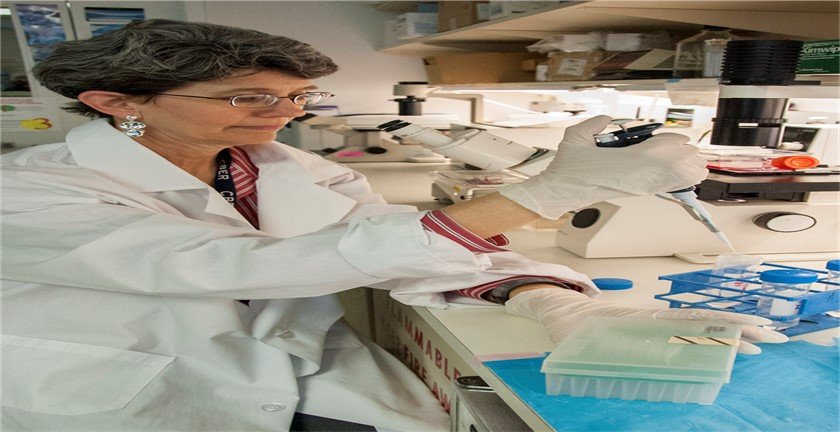Xenotransplantation is the use of animal organs, cells, and tissues for human transplants. Due to the shortage of human organs, many people have turned to the use of animal organs to address their potential chronic conditions.
Although the use of animal organs can be beneficial in saving human life, it has been facing a lot of critics due to various reasons. Let’s take a look at the pros and cons of this procedure.
Pros:
1. Save a life: Animal organs are used as a remedy to save human life from their failing organs caused by certain chronic conditions. It can extend the life of human beings
2. Reduce opportunities on black market organ donation: Animal organs transplant has helped reduce the sale of human organs like kidney
3. Reduce organ waiting time: Transplant of animal organs will help reduce the organ waiting time that many people have to wait for a suitable organ donor.
4. Satisfy supply and demand for organs: Animal transplant reduces the huge deficit between high demand and a minimal supply of organs. The improved technology ensures positive results are generated.
5. Improve surgery success: The easily available organs enable patients to receive the transparent while still healthy and are able to tolerate the surgery.
6. The potential for opening new research areas. It opens the possibility of coming with new ways to treat illness. The animal organs can be used to carry medical research and adapt them to human needs.
7. Treatment of human diseases: It provides an unlimited supply of cells, tissues, and organs to humans. It can treat human-to-human diseases like bone transplants, corneal transplants, kidney, and lungs transplants.
8. Reduce the risk of diabetes: Cellular xenotransplant is used in treating diabetes, Alzheimer’s, and Parkinson’s disease.
9. Increase the number of organ sources: There are available multiple sources for getting organs for transplant especially from the pigs instead of relying on human donors.
10. A valuable asset in developmental biology: It provides the researchers with the tools they need to provide better treatment and make life better.
Cons:
1. Risk of animal-borne diseases: There are safety concerns of animal organs to humans. The organs can introduce the risk of animal-borne diseases to the human population.
2. Brings moral issues: There are religious beliefs that uphold humans as superior species compared to animals and mixing the species is against God’s will. Using animals to supplement human life leads to the exploitation of animals for human needs.
3. No regulations in the black market: There are no regulations on organ donors in the black market. Those buying the organ from the black market will not have a real oversight and there is a possibility of the organ being diseased since no regulations.
4. Unethical concerns: There are unethical concerns about the use of animal organs as involuntary donors. Killing the animals so as to obtain their organs is unethical.
5. Animal rights: Breeding genetically modified animals or breeding animals for medical benefits and consumption is against the animal rights
6. Not viable solution: Animal organ transplant is not a viable solution because immunosuppressant drugs are used to prevent the body from attacking new organs lead to infections.
7. Short life spans: Animal organs have a short life span than humans. The organs become weak within a short time or die prematurely thus, one has to undergo several transplants over his lifetime to replace the failing organs.
8. High rejection rate: Although pigs are closely related to humans, the human body still recognizes animal tissues and organs as unnatural and rejects them. Strong ant-rejection drugs are needed during xenotransplantation in order to depress the entire immune system and make it not react to the organ.
9. Non-functional therapeutic products: Therapeutic products like replacement heart valves from pigs are chemically treated and they are not functional living tissues. This differentiates them from other viable organs used in xenotransplantation.
10. Increase cancer risk: The animal organs and tissue can increase the risk of new epidemics and cancer.



